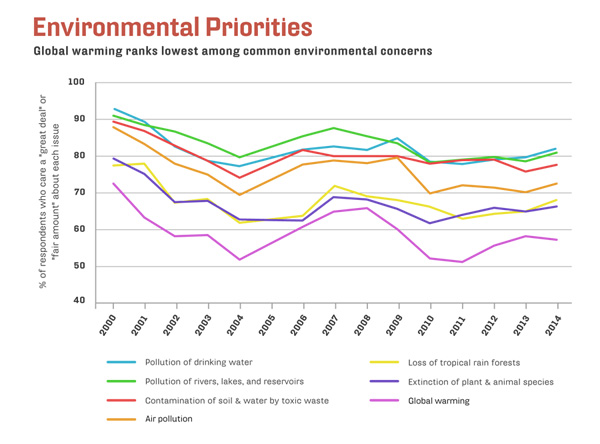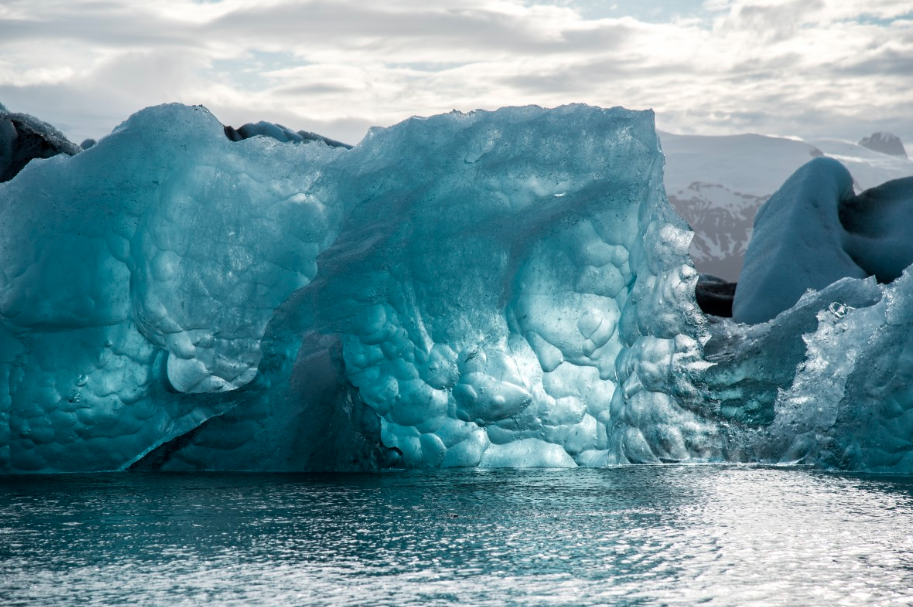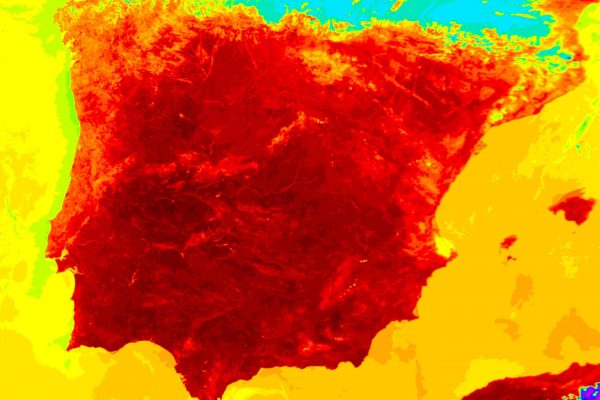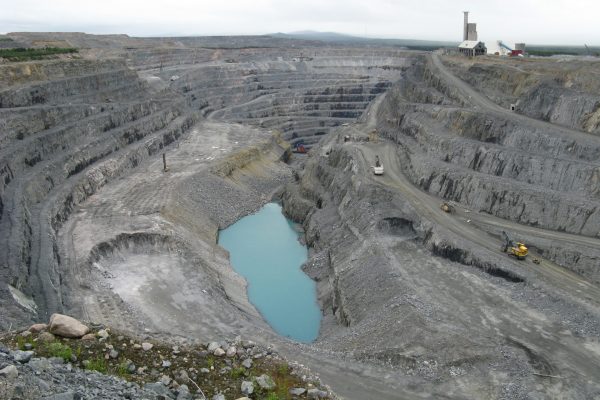Four decades ago, widespread public alarm about air and water pollution, pesticides, toxins, and the extinction of endangered species inspired Congress to pass landmark legislation for the protection of human health and the environment. But today’s environmentalism looks different. Policymakers and the advocacy community have largely moved on to the issue of climate change, but most Americans have not joined them.
At first glance, the public seems sufficiently worried about climate change to create strong demand for policy action. In surveys we have conducted over the past decade in conjunction with the MIT Energy Initiative, large majorities of Americans express concern about climate change. Upon closer examination, however, public anxiety about climate change does not run very deep. The issue barely registers when we ask people to indicate the most important problems facing the country. Issues such as the economy, health care, and dissatisfaction with government all take priority. And when we ask Americans about the cost of addressing climate change, few are willing to spend much to tackle the problem.

Illustration: Frank LeClair. Click for a larger image.
Climate change doesn’t even register highly among environmental concerns. Each year, the pollsters at Gallup ask Americans how much they personally worry about various environmental problems. In each survey, people express less concern for global warming, the term Gallup uses, than for each of the other problems. Indeed Americans are much more troubled by traditional environmental problems, with upward of 80 percent of the public worrying “a great deal” or “a fair amount” about air pollution, water pollution, and toxic waste. In most years the number stands closer to 55 percent for global warming, about ten points lower than seemingly less pressing issues of tropical rainforest loss and species extinction.
This is not to say that Americans do not care or do not want to address climate change, but it has yet to become the environmental issue foremost on their minds. A promising way forward in the near term is to take actions that simultaneously reduce greenhouse gas emissions and pollutants that voters traditionally care about. Policies that generate both benefits will enjoy the most public support.








